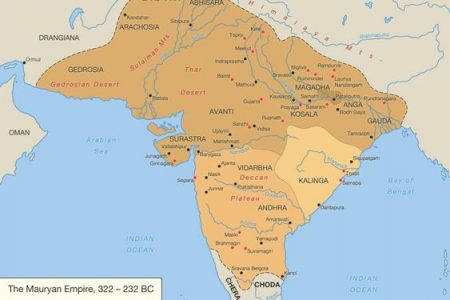Whichever way you look at it, when you talk about the Hellenistic world, most people immediately think of Alexander the Great. And how could they not? His deeds have captured the imagination for millennia. Whether it is his extremely fast march to India or the ease with which he inspired loyalty in his soldiers and loved …










